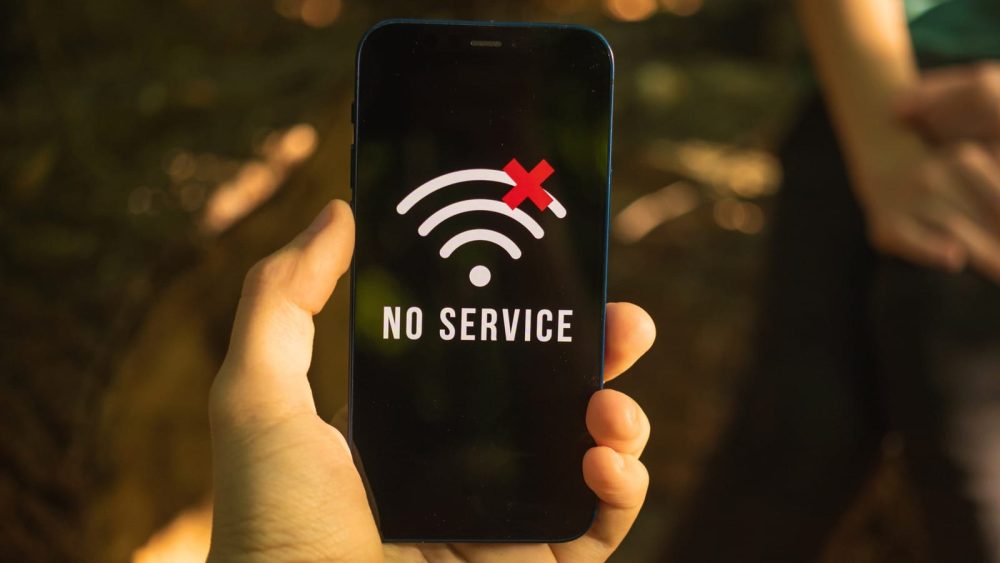The government is likely to grant force majeure to Cellular Mobile Operators (CMOs) for 10 new infrastructure projects worth Rs. 8 billion which are facing serious problems in implementation due to the non-opening of Letters of Credit (LCs) for equipment imports.
All Cellular Mobile Operators (CMOs) have requested the Universal Service Fund (USF) for delaying 10 new projects of around Rs 8 billion to be implemented in unserved and under-served areas of the country.
Official sources revealed that CMOs had written a letter to USF and requested for delaying projects as they are facing serious problems in imports due to restrictions and non-opening of LCs.
According to a clause in the USF agreement (force majeure) a USF service provider shall be excused, in accordance with the USF services and subsidy agreement, from certain failures to perform its obligations under the USF Services and Subsidy Agreement if an event of force majeure has prevented the performance of the obligations.
Sources in USF also confirmed the letter while saying that further deliberation is ongoing to decide the fate of the new project’s implementation.
USF has contracted around 130 projects of around Rs. 124 billion so far across the country envisaging expanding telecom services to un-served and under-served areas.
However, USF is facing several challenges including security, equipment theft, and equipment import due to Letter of Credit margin issues, which are hampering progress and delaying the timely execution of various projects in the pipeline.
The fund was created in 2007 to stretch cellular, broadband internet, fiber optics, and other telecommunication services to un-served or underserved areas. All telecom companies have contributed 1.5% of their revenues to the fund. Telecommunication coverage was around 44% before USF was launched in 2006-07.
According to documents, of the total Rs. 123.5 billion subsidies, Pakistan Telecommunication Company Limited (PTCL) took a major chunk of Rs. 36.7 billion (29.7%), Ufone Rs. 30.2 billion (24.4%), Telenor Rs. 27.7 billion (23%), Zong Rs. 5.637 billion (4.5%), Wateen Rs. 4.847 (3.93%), World Call Rs.1.273 billion (1.03%), Jazz Rs. 12.237 billion (9.9%) and Nayatel Rs 3.314 billion (2.7%).
An official said that the “Broadband for Sustainable Development” program, under the USF, is designed to provide telecom services to the un-served mauzas across the country. After the issuance of 3G/4G licenses by the federal government, this program has been redesigned to include broadband equivalent data (internet) services as a compulsory component.
For new projects, powering the telecommunication sites through solar energy was also made a part of each project. According to documents, 1,699 base transceiver stations (BTS) have been installed and 12,825 mauzas have been covered.
The optic fiber program is another initiative under USF that aims to promote the development of telecommunication services in un-served and under-served rural areas to enable affordable, voice, telephony, and basic data services.
This also requires the establishment of a stable and reliable optic fiber network in all corners of the country. This project aims to extend optic fiber connectivity to the un-served Tehsil headquarters for meeting the growing requirements of voice, data, and video in these areas.
Official sources revealed that some of the un-served and under-served areas in Balochistan and some in erstwhile Federal Administered Tribal Areas (FATA), still lack access to basic telephone and mobile broadband services.
USF officials maintained that despite massive growth, many areas remained underserved. The challenges, they asserted, that the USF faced were rugged terrains, sparse population, harsh weather, lack of electricity, no backhaul, and poor logistics as well as security clearance.
In the areas which do not support the business plans of telecom operators, the government subsidizes projects for them to reach the under-served and un-served.
Official documents revealed that the Fund is confronted with various issues including security challenges, restricted movement, damage to site infrastructure due to terrorist activities, equipment theft, community issues, land disputes, local administration, NOCs from local administration/DCs, forest lands, and following the recent import restrictions.





















